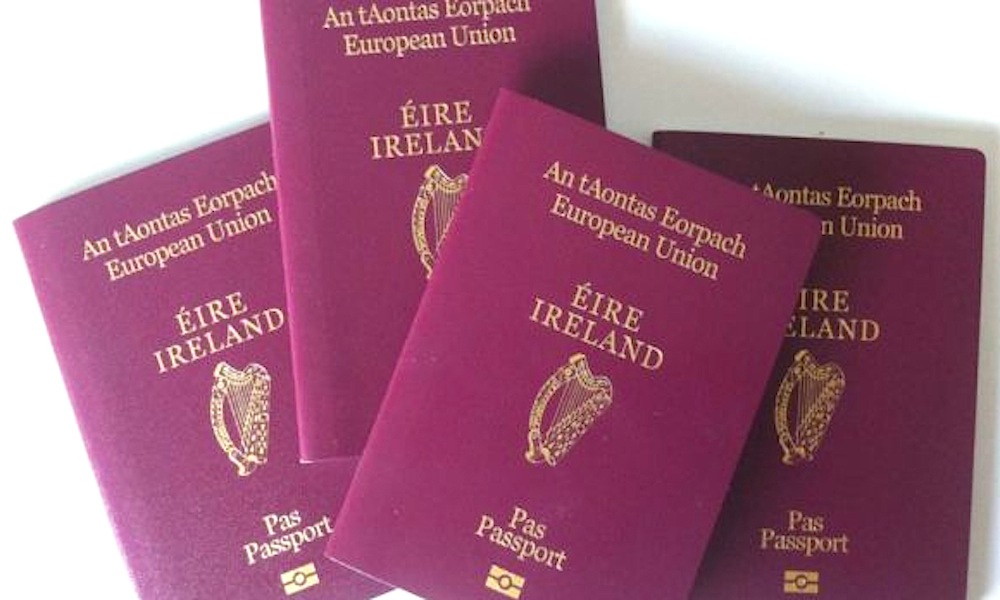
The Irish passport has been ranked as the fifth-most ‘powerful’ passport in the latest Henley Passport Index, which also reveals a growing disparity in global mobility between the ‘haves’ and the ‘have nots’.
The index is based on exclusive data from the International Air Transport Association (IATA).
Joint-top of the list are the passports of Japan and Singapore, followed by Germany and South Korea in joint-second place.
The rest of the top 10 is as follows:
- Japan & Singapore (Rank score of 192)
- Germany & South Korea (190)
- Finland, Italy, Luxembourg & Spain (189)
- Austria & Denmark (188)
- France, Ireland, Netherlands, Portugal & Sweden (187)
- Belgium, New Zealand & Switzerland (186)
- Czech Republic, Greece, Malta, Norway, United Kingdom, United States (185)
- Australia & Canada (184)
- Hungary (183)
- Lithuania, Poland & Slovakia (182)
Growing Disparity in Global Mobility
Based on exclusive data from the International Air Transport Association (IATA), the index, which ranks all of the world’s passports according to the number of destinations their holders can access without a prior visa, shows that countries in the global north with high-ranking passports have enforced some of the most stringent inbound Covid-19-related travel restrictions, while many countries with lower-ranking passports have relaxed their borders without seeing this openness reciprocated.
This has created an ever-widening gap in travel freedom even for fully vaccinated travelers from countries at the lower end of the passport power ranking who remain locked out of most of the world.
For instance, passport holders from top ranking Japan and Singapore can travel to 166 more destinations than Afghan nationals, who sit at the bottom of the index with access to just 26 countries without requiring a visa in advance.
Further research reveals that this gap is likely to increase, as pandemic-related restrictions become entrenched and amplify the already significant global mobility divide between advanced and developing economies.
Japan currently bars almost all foreign nationals from entry, while Germany, currently restricts nearly 100 countries from entry.
At the lower end of the index, Egypt, ranked 97th, currently has no travel restrictions in place, yet its citizens can access just 51 destinations around the world without acquiring a visa in advance.
Similarly, Kenya, which ranks 77th, has no travel bans in place, yet its passport holders are able to access just 72 destinations visa-free.




